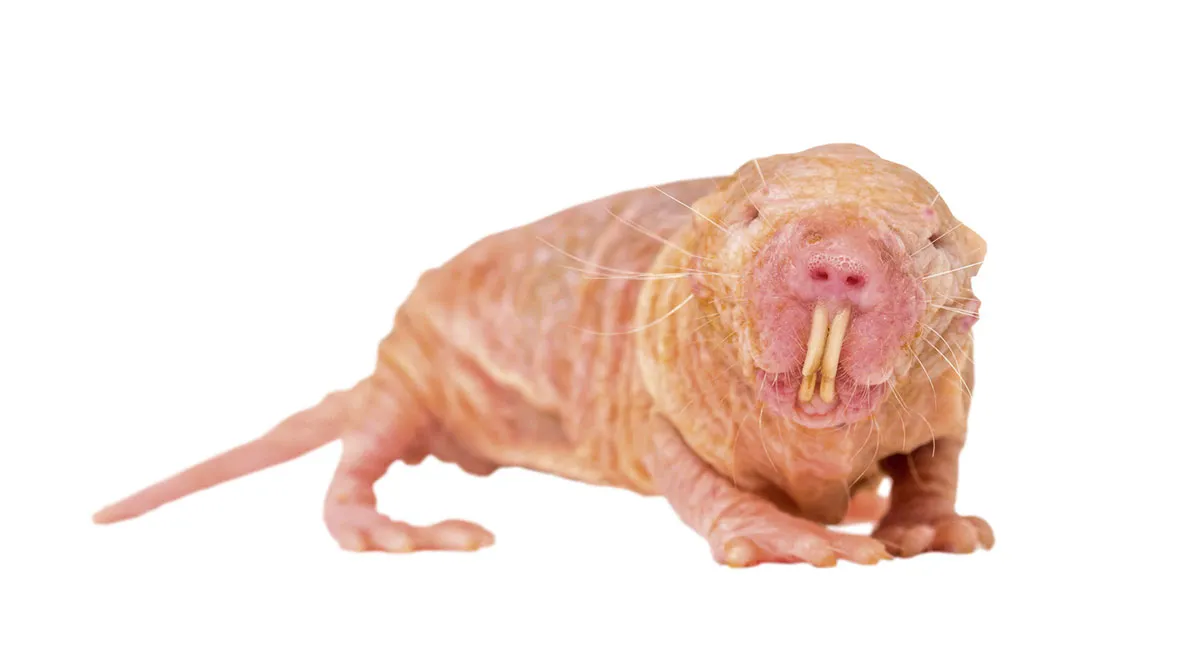Good news! Through vaccines, healthy diets and a great swathe of medical innovations, human lifespans have roughly doubled in the last century or so, from an average of 35 years in 1900 to an average of more than 70 years today.
But, wait… you want more?
Perhaps understandably, you won’t find yourself alone in seeking to stretch your life out that bit further. In fact, one unrelenting ideal, frequently chased by Silicon Valley companies, sees us running upstairs well into our 90s and has our brains being as fresh as a child’s into the 12th decade of life. It also envisions a future where USB-enabled brains in jars live to see the extinction of the Sun.
What's the oldest humans can be?
The truth is that ideas such as these may one day be as dated as the mythical notion of an elixir of life. Cells, on the whole, are not built to last. Animal bodies (and the genes that reside in them) are built to procreate, to multiply, to replicate.
Evolution will always favour death, because the bodies that hang around too long without making more become grist to the mill – eaten by predators, outmanoeuvred by competitors, riddled with parasites or simply victims of an endless rain of lethal solar radiation. In this way, to a degree, ageing is baked into our DNA.
This evolutionary contract we have with death means that even if we eradicated all human diseases, 100 years into advanced age our bodies would begin to show the same frailty. There would be the same struggle to recover from everyday stresses, and the same “where did I put the keys?” moments. In fact, a study published in the journal Nature in May 2021 confirms it.
Based on data from 500,000 volunteers from Russia, USA and the UK, scientists now estimate that the human body could not withstand much more than 120 years and certainly no more than 150 years, before the accumulation of DNA damage that is ageing’s central cause builds to a level that brings about what one scientist calls “the ultimate lingering death”.

Could other animals offer some secrets to extended life? The answer is an assertive yes, according to many scientists.
Among the cast of extraordinary agers in the natural world are the lobsters that have evolved an enzyme that protects the ends of DNA strands, the bits most easily damaged during replication; the lowly roundworms, who seem to have something akin to a slow-motion ageing setting to get them through times when food is scarce; and the naked mole rats, who appear to have a knack for limiting the damage caused by problematic oxygen atoms, known as free radicals, that have a habit of going rogue in animal cells and destroying DNA (whereas most rodents live two or three years, the naked mole rat manages to live 30).
Could these animals expose their genetic secrets to us? Might we one day ‘bio-hack’ their DNA codes and insert these anti-ageing tricks into our own genomes? The truth is that it’s possible. It might not be in decade or a century, but it’s fair to say that, one day, we really might live far healthier lives for longer.
How long is long enough?
Yet, for all this ingenuity and scientific well-wishing, my gut tells me the same question will persist should we have success in extending our lives further. “How can we live for even longer?” future generations that live to 200 may well ask, stirring the same philosophical pot that has defined our species for millennia.
And so, for me, the whole idea of ‘curing’ ageing is something of a fallacy. You might as well try and cure childhood or middle-age or birth. There will always be death. So, celebrate the fact that no generation before yours has been able to live a life so long. Life is short, but it was once far shorter, so seek to cure your fear of death, rather than death itself.
Read more:
